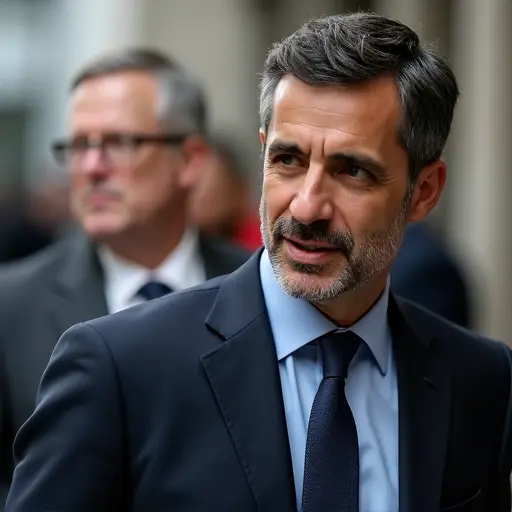
Spain Defies NATO's Defense Spending Proposal
In a bold move, Spanish Prime Minister Pedro Sanchez has declared Spain's refusal to comply with NATO's proposed increase in defense spending to 5% of the GDP. Sanchez outlined his stance in a letter addressed to NATO Secretary-General Mark Rutte, labeling the target as "unreasonable" and "counterproductive."
The Controversial Proposal
Rutte has been advocating for months to raise the defense spending benchmark for NATO's 32 member states from the current 2% to 5% of GDP. The proposal is set to be a key agenda item at the upcoming NATO summit in The Hague. However, Sanchez argues that committing to such a percentage would necessitate tax hikes for the middle class, cuts to public services, and a slowdown in climate transition efforts.
Spain's Stance
Sanchez emphasized that the proposed norm is "incompatible with our welfare state and our vision of the world." He reiterated Spain's unwillingness to make such sacrifices, despite the pressure from NATO allies. However, Sanchez clarified that Spain does not intend to block a decision at the summit. Instead, he proposed a "more flexible formula," suggesting that the 5% target could be optional or exclude Spain altogether.
Political and Social Implications
Spain's defiance comes at a time when the country is grappling with domestic political turmoil, including a corruption scandal involving Sanchez's party. The prime minister's letter is seen as an attempt to appease his coalition partners, who have vehemently opposed any further increases in defense spending. Additionally, Spain's geographical distance from Russia has led to a lack of urgency regarding military threats, further justifying its reluctance to boost defense expenditures.
Global Reactions
The rejection by Spain poses a significant challenge for Rutte, as NATO decisions require unanimous approval. Analysts warn that other nations, such as Belgium, may follow Spain's lead, complicating efforts to reach a consensus. Meanwhile, several NATO members, including the Netherlands, have expressed support for the higher spending target, citing the need for enhanced security in light of global tensions.
The Road Ahead
The NATO summit will be a critical juncture for resolving this impasse. Rutte's diplomatic skills will be put to the test as he navigates the delicate balance between alliance unity and individual member states' priorities. The outcome will have far-reaching implications for NATO's future and its ability to address emerging security challenges.

 Nederlands
Nederlands
 English
English
 Deutsch
Deutsch
 Français
Français
 Español
Español
 Português
Português